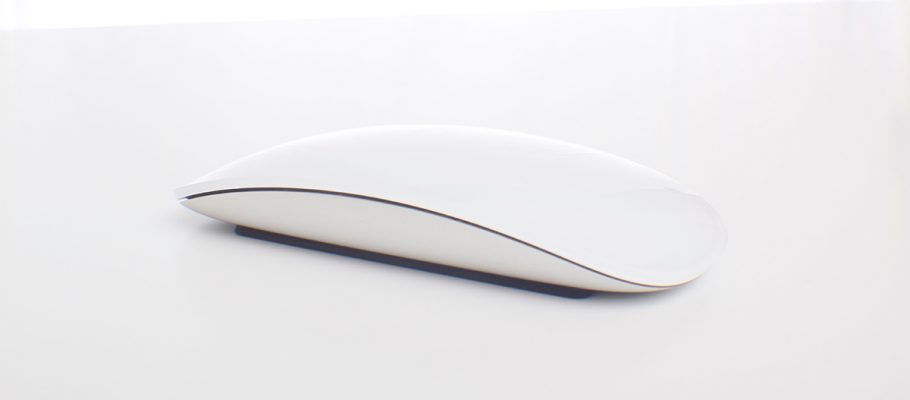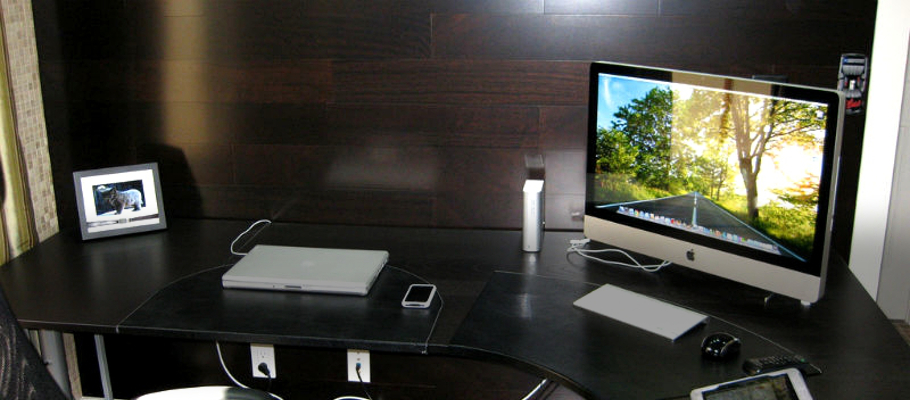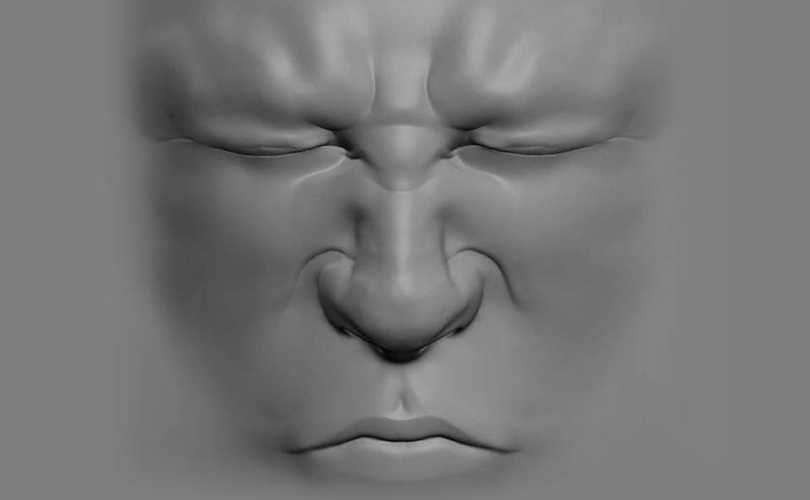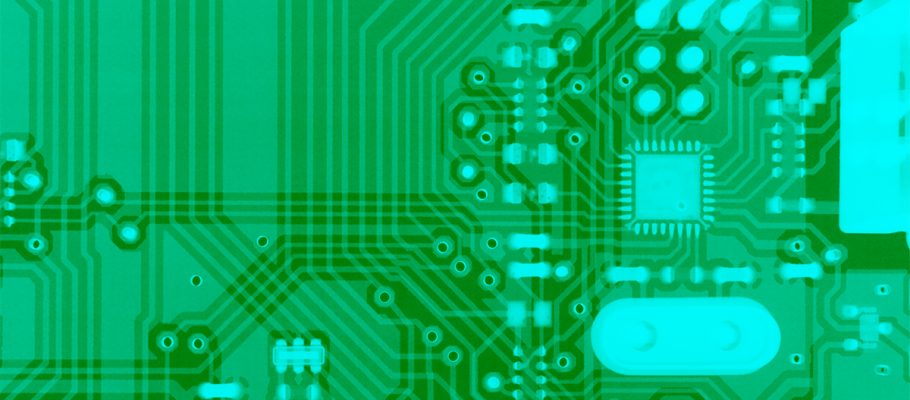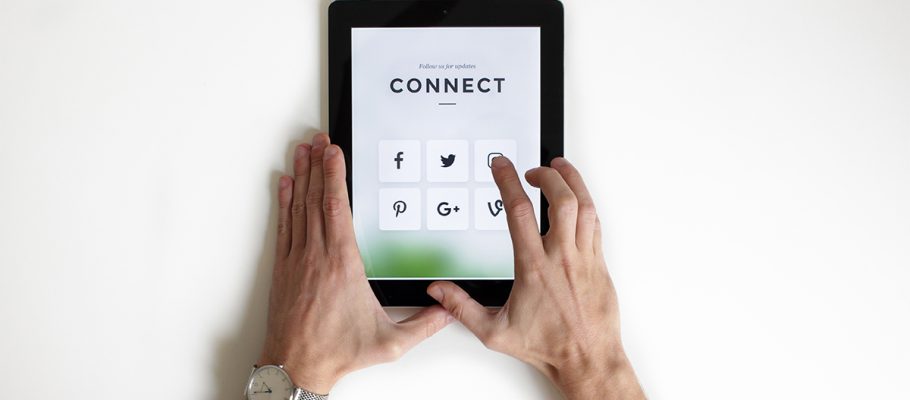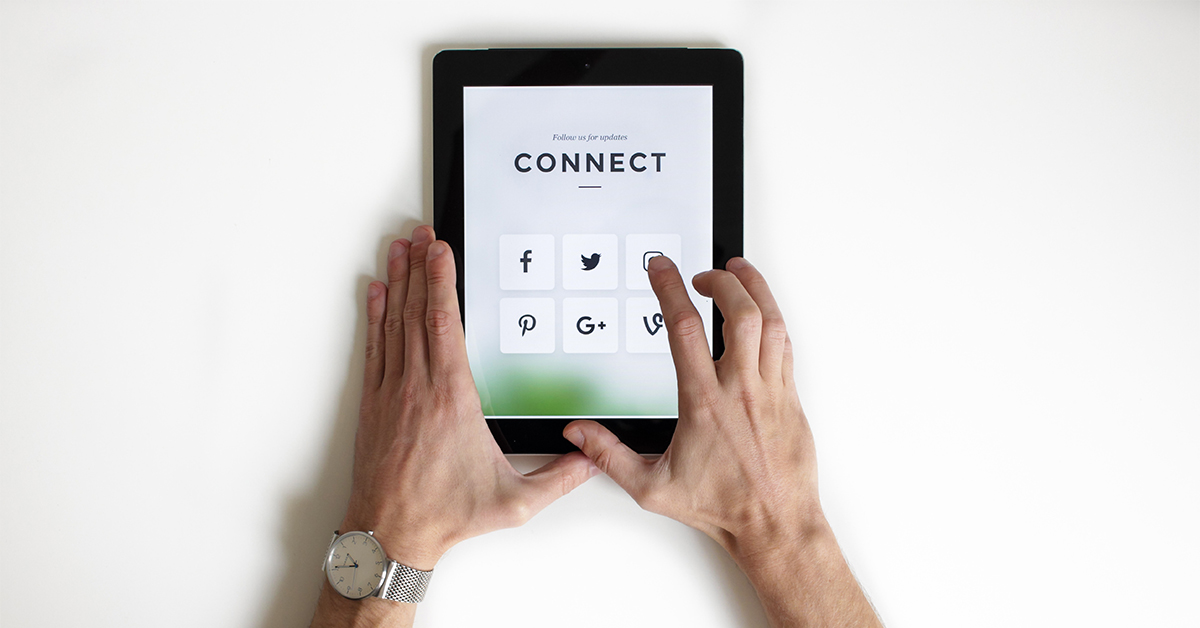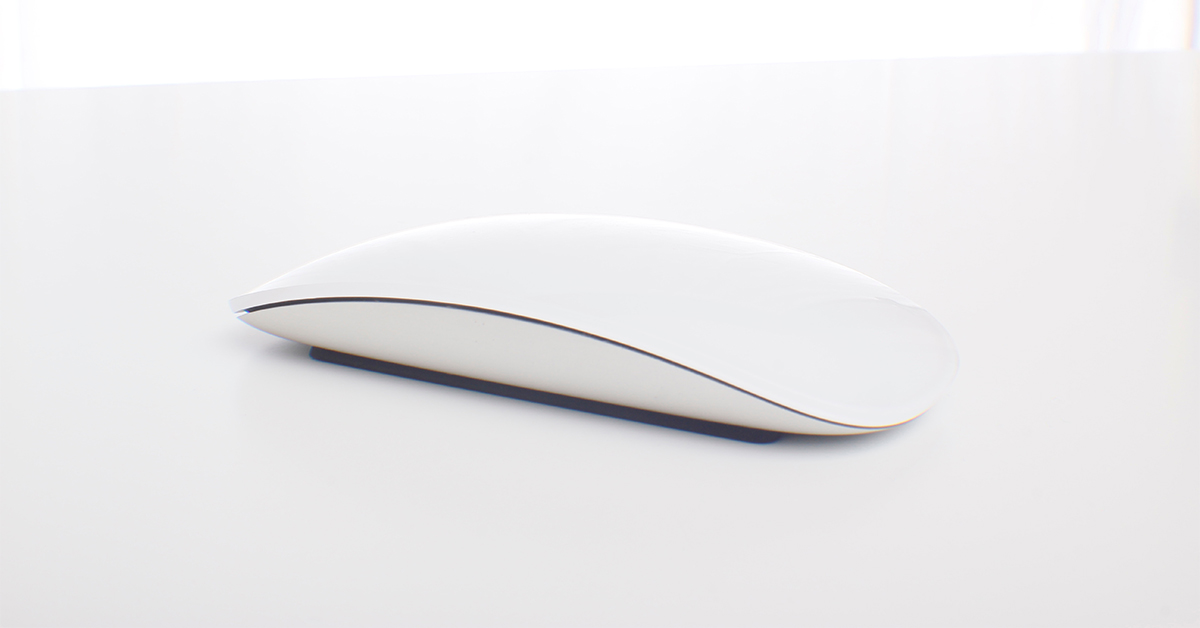
Photo by Alberto Tolentino on Unsplash
A friendly interface goes a long way, but building software with the entire User Experience (UX) in mind helps achieve a more straightforward path to the ultimate goal of usability. Researchers at Brigham Young University want to open a new chapter in UX by determining exactly what people are feeling when they are sitting in front of their computers – all through mouse movement interpretation.
The research, Inferring Negative Emotion from Mouse Cursor Movements, reveals how “attention control theory” can leverage our trusty point-and-click devices as real-time indicators of negative emotions. When people experience anger or frustration
